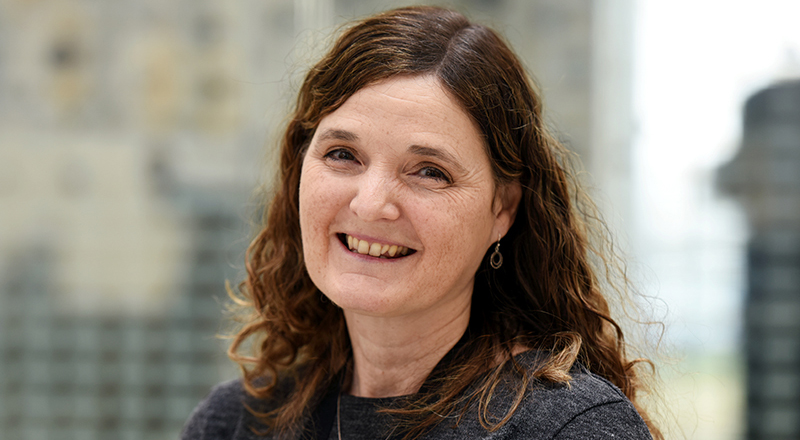Muscular Dystrophy UK funds new research at Teesside University
Muscular Dystrophy UK has announced that it is investing £1.7 million into 12 new research projects across England and Scotland, including at Teesside University.

The leading charity for more than 110,000 children and adults in the UK living with one of over 60 muscle wasting and weakening conditions is funding Professor Linda Popplewell and her PhD student.
The project will apply a new genome editing technique to try and develop a therapy for people living with Duchenne muscular dystrophy (DMD). This potential therapy could be suitable for many people with DMD, unlike other potential genome editing treatments that target specific regions of the DMD gene.
The charity funds research projects that aim to improve diagnosis, monitor progression, and test potential new treatments. The 12 new grants bring the total number of research projects funded by Muscular Dystrophy UK to 51.
Professor Linda Popplewell, Professor of Genetic Medicine at Teesside University, said: “This project would use a new technique to try and improve the efficiency of genome editing. Great strides have been made more recently in terms of therapy development for Duchenne, but there is still much that could be improved. The ambition of this project is to contribute to addressing these challenges and to train a PhD student to join the next generation of muscle scientists.”
Dr Kate Adcock, Director of Research and Innovation at Muscular Dystrophy UK said: “Every year at Muscular Dystrophy UK, we look to fund the highest quality research that will not only bring research forward but also improve the lives of people living with muscle wasting and weakening conditions. We’re delighted to fund research into a variety of conditions this year, including the one by Professor Linda Popplewell and her team at Teesside University.”
As well as funding research, the charity also shares expert advice and support for the muscle wasting community to live well now, works with the NHS towards universal access to specialist healthcare and campaigns for people’s rights, better understanding, accessibility, and access to treatments.
 Developing international research collaborations
Developing international research collaborations